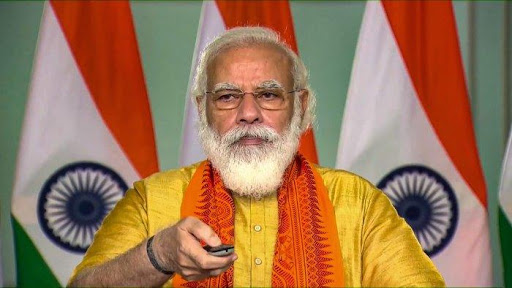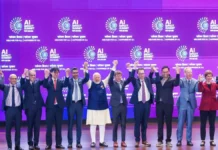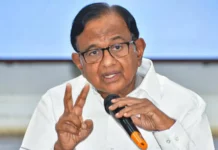NEW DELHI: In the wake of protests by farmers and various opposition parties against three new agriculture-related laws, Prime Minister Narendra Modi said on Tuesday that those burning farm equipment to show their anger were “insulting farmers”.
The opposition was insulting farmers by their action of setting fire to machinery and equipment that were “worshipped” by agriculturists, the Prime Minister said while inaugurating six projects under the ‘Namami Gange’ project to treat sewage in Uttarakhand.
His remarks came a day after a group of Indian Youth Congress workers set a tractor on fire in Delhi. Taking a dig at the opposition, Modi alleged that those now opposing the new farm laws spoke in favour of implementing the Minimum Support Price (MSP) when in power but never did so. “It has been done by our NDA government as per the MS Swaminathan Commission recommendations,” the Prime Minister said.
He accused the opposition, without naming anyone, of “misleading the farmers over the MSP issue” and reiterated that the MSP would remain even as the farmers would get the freedom to sell their produce anywhere they wished to. “Some persons are unable to tolerate this freedom (of farmers). One more way for them to earn black money has ended,” Modi remarked.
Modi again sought to allay the fear over the new laws on farming sector and labour reforms. “Many reforms related to farmers, labourers and health were brought during Parliament’s Monsoon Session. All these reforms will only strengthen the labourers, youths, women, and farmers. The country is also witnessing how some people are opposing these just for the sake of opposing.”
Parliament had passed The Farmers’ Produce Trade and Commerce (Promotion and Facilitation) Bill, 2020; The Farmers (Empowerment and Protection) Agreement on Price Assurance and Farm Services Bill, 2020; and Essential Commodities (Amendment) Bill. After President Ram Nath Kovind gave assent to these, the government issued a gazette notification on these on Sunday.
The Prime Minister also took a swipe at the earlier governments for not doing enough to clean the Ganga river. “In the past decades, big initiatives were taken up to clean the river. But those initiatives lacked public participation or farsightedness. As a consequence, the river was never cleaned.”







